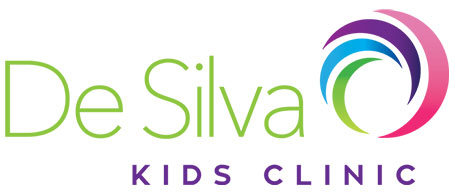Joint attention is the ability for one person to engage with another person or object. Joint attention occurs in early development as children start to interact by sharing experiences with their caregivers. This emerges as early as two months. As joint attention gets stronger, babbling and speech starts to emerge. Joint attention is an essential skill to learning language.
Here are some examples of joint engagement at an early age:
– When your child follows your eye gaze (e.g.: when you look at the dog, your child will follow)
– When your child smiles in response to your smile
– When your child initiates and points at something he/ she wants
– When your child draws your attention to an object of interest with a sound, or by pointing, looking back and forth
Some children have difficulties engaging. These are some red flags that may indicate if a child has difficulty with joint attention:
– The child is often not motivated to play with another and is more interested in the object that they have
– The child has difficulty shifting attention from one thing to another
If your child has difficulties with joint attention, here are some basic tips for engaging your child:
– Play face- to face games (e.g.: peek-a-boo, tickling). Pause the activity, wait and give your child an opportunity to ask to continue
– Provide your child opportunities to ask for what they want by holding items up, hiding toys they are interested in close by or placing a favourite object out of reach and waiting until your child does something to ask for it
– Hold objects close to your face to encourage eye contact
– Play some basic turn taking games (e.g.: stacking blocks)
– Play an activity that your child can’t do without your help (e.g.: bubbles, wind- up toys, musical toys). Wait for your child to ask for help before winding the toy up or blowing more bubbles.
A Speech Pathologist can help children develop their joint attention. If your child is experiencing difficulties with joint attention, please contact a speech pathologist at the clinic for support.
Eleanor Brignell – Speech Pathologist for De Silva Kids Clinic


